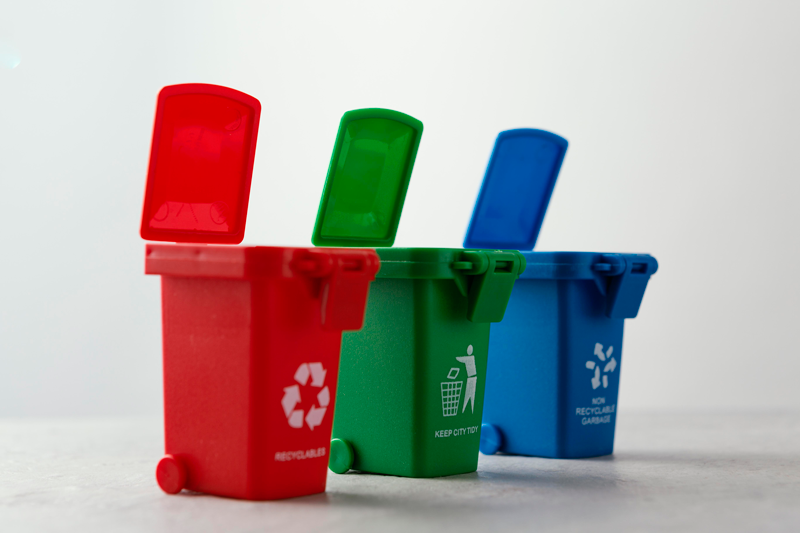OCTOBER 17, 2023
be’ah targets launch of bidding platform for recyclable wastes

MUSCAT: State-owned Oman Environmental Services Holding Co (be’ah), the entity tasked with managing the solid waste sector in the Sultanate of Oman, says it plans to bring into operation early next year a new platform to regulate all trades involving recyclable commodities.
Upon the platform’s rollout in the first quarter of 2024, be’ah aims to make it mandatory for generators, collectors, transporters and recyclers of all types of recyclable wastes to transact their business via this portal.
According to a high-level official of be’ah, the new ‘bidding platform’ will cover all recyclable wastes, notably Used Cooking Oil (UCO), currently a significant bone of contention between, on the one hand, a pair of biodiesel producers that depend on the waste oil as feedstock, and on the other, collectors who find ways to export their volumes to overseas markets for better earnings. In doing so, the latter operators circumvent existing curbs that prohibit the export of most types of recyclable wastes.
Speaking at a forum on Sustainable Aviation Fuel (SAF), hosted by the Civil Aviation Authority (CAA) last week, Kumayl al Lawati, Vice-President – Business Development at be’ah, said the platform will track the generation, collection, transportation and recycling aspects of every recyclable waste commodity in Oman. Consequently, all of the respective participants in the supply chain, starting from the generators all the way to the recyclers, will be required to register on the platform, he said “With this platform, we cover the full cycle by tracking the waste right from the generation point, check who is transporting it and where,” said Al Lawati. “So we will not allow a (waste) generator to give their Used Cooking Oil, for example, to a collector who is not registered on this platform.” The ultimate goal is to “maximize value creation” by commercializing the waste sector – an initiative that also has the potential to ignite the growth of SMEs and entrepreneurships in the resulting circular economy, he said.
One key segment that is expected to benefit from the bidding platform is the fledgling biodiesel sector. Based on figures shared by be’ah, roughly half of the estimated 94,000 tonnes of cooking oil currently imported into Oman should ideally be captured after use for processing into biodiesel or other sustainable products. But the collection is barely around 4,000 tonnes per annum, mainly from industrial caterers, major hotels and food industry operators. In comparison, the collection potential of UCO can be as high as 11,000 tonnes per annum, said Al Lawati, citing a 2017 study.
But he acknowledged that the majority of the captured UCO is currently being exported out of the country “in different ways” – a move that be’ah plans to curb. “We are working with different stakeholders, authorities, and private entities, to come up with a mechanism where we can attract or divert this oil - rather than it going into the drainage system - to be captured and utilized in a recycling facilities,” the official added.
Source: Click here